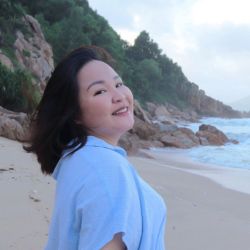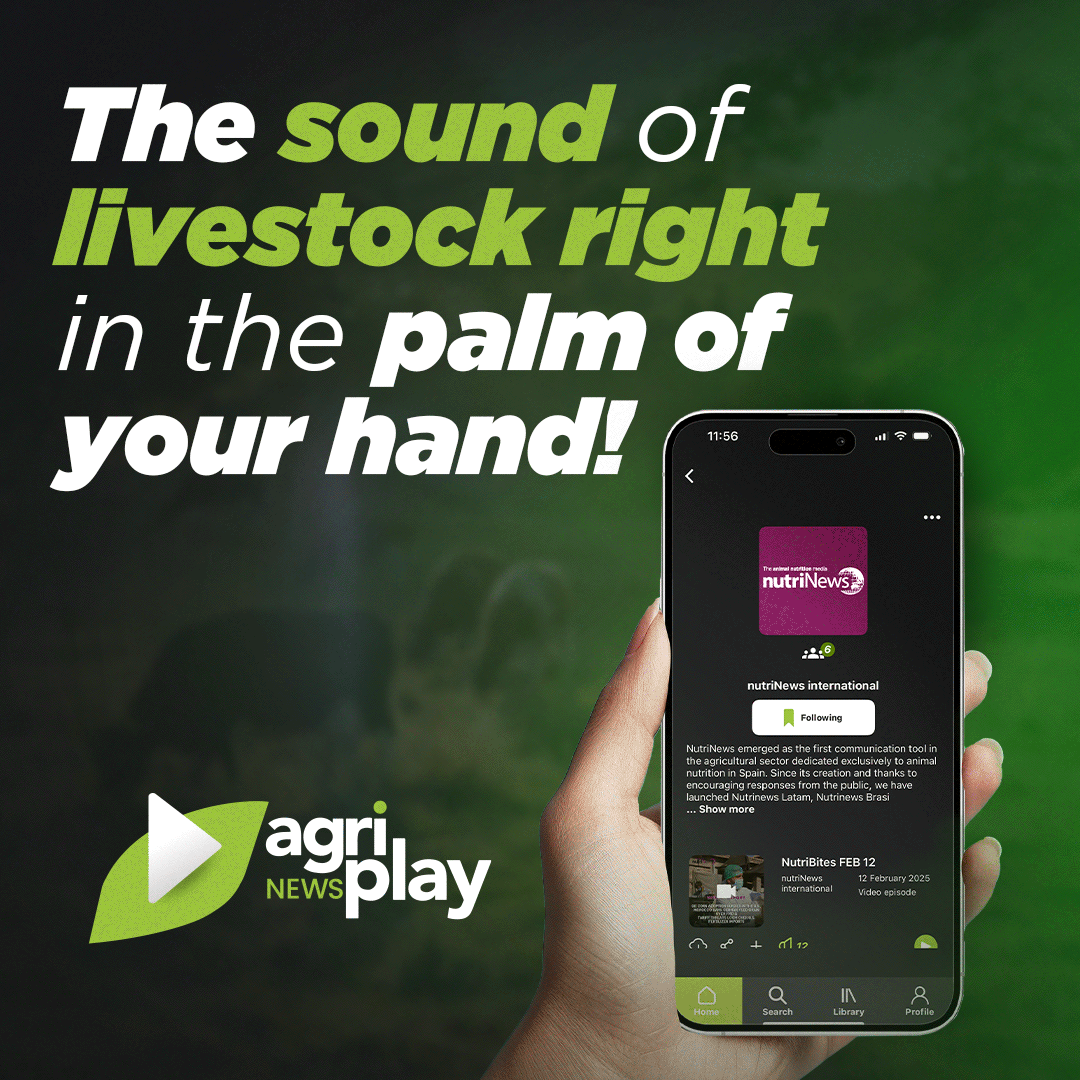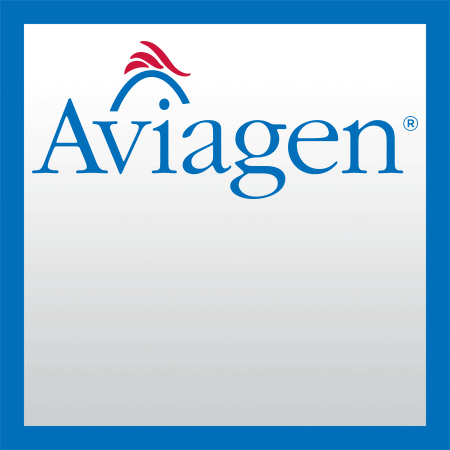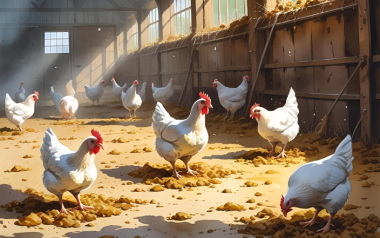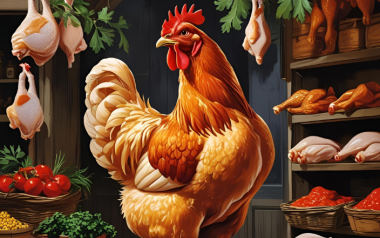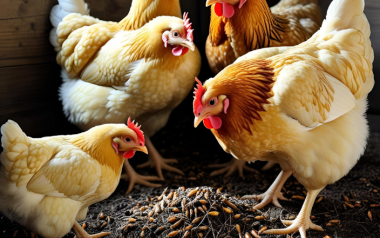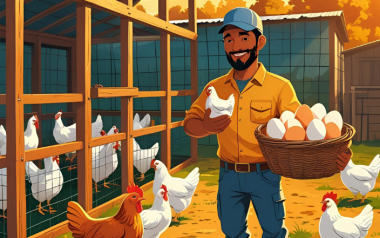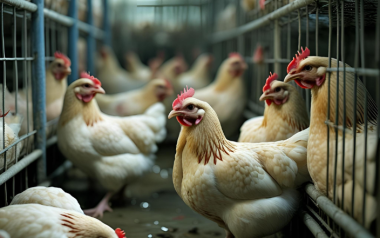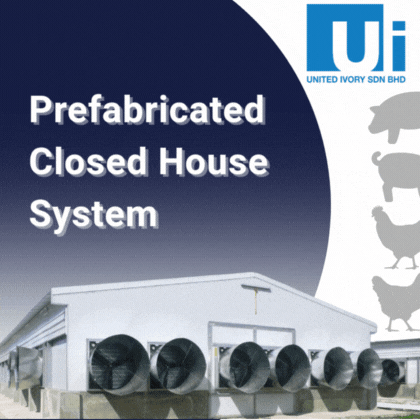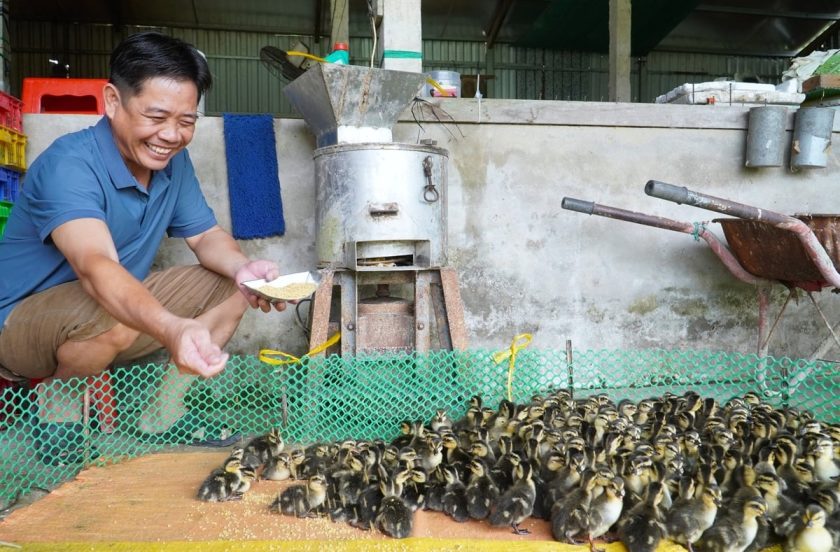
19 Aug 2025
Raising wild ducks brings fourfold profit to Vietnamese farmers
Each wild duck brings farmers about USD 1.6-2 in profit after 55-60 days. This farming model is creating high economic.
Available in other languages:
Content available at:
Tiếng Việt (Vietnamese)
In Vietnam’s Mekong Delta, farmers in My Phuoc Commune, Can Tho City, are turning wild duck farming into a reliable source of income.
After just 55-60 days, each duck can yield a profit of about USD 1.6-2, making this farming model both accessible and economically viable.
From trial and error to success
Le Vu Phuong, a member of My Phuoc Agricultural Cooperative, once tried raising native fish, sea ducks, sedge, and cultivating rice. None proved effective. In 2015, after observing and learning from the failures of his relatives, in 2015 he turned to raising wild ducks.
Mr Phuong explained that wild ducks are well-suited to the local ecosystem. They are hardy, less prone to diseases, and offer both nutritional and economic value.
He began with 40 ducklings and gradually expanding his operation. His pond grew from 300-400 sqm to 4000 sqm, combining pangasius and knife fish farming below with wild ducks on the water surface.
Continue after advertising.
The biggest challenge was sourcing quality ducklings. Due to long transportation, ducklings were often weak and easily died, forcing him to research and take the initiative in hatching eggs locally.
Perfecting the breeding process
Sourcing quality ducklings was a major hurdle. Long transport weakened the birds, leading to high mortality. Mr Phuong responded by learning to hatch eggs locally. With support from the agricultural sector and Can Tho University, he increased the hatching success rate to 80%.
Today, he owns three incubators, each with capacity of 7000 eggs per batch, producing 300-400 ducklings every three days.
His breeding flock includes 650 ducks, laying 11-12 eggs per cycle, with peak productivity from the 3rd to 5th year.
He continues to improve the hatching process, producing strong ducklings with high immunity. Sanitation and isolation after each batch are strictly maintained. The first three days are critical: ducklings must be kept dry and warm, but without heat lamps. Their diet starts with rice and mixed feed. After 15 days, they are ready for the pond.
At present, his facility supplies ducklings to provinces such as Ca Mau and Vinh Long, with an output of 3500-4000 monthly.
- Price of wild ducklings: about USD 0.48 each
- Annual profit: over USD 14,400

After more than 10 years, Le Vu Phuong has established a complete value chain, from breeding to commercial wild ducks. Photo: Nong nghiep va Moi truong.
Linking for sustainability
Mr Phuong’s success has inspired others. Together with 20 fellow cooperative members, he helped form a linked model for wild duck production and sales. The group now supplies over 2000 commercial ducks monthly.
Key figures:
- Cost of raising one wild duck: about USD 1
- Profit after 55–60 days: USD 1.6- 2 per duck (weighing 0.9-1 kg)
- Survival rate: 95%
- Farmgate price: USD 3-3.2 per duck
- Market price: USD 3.2-3.6 per duck
Wild duck meat is prized for its delicious, sweet and firm texture. It is favored by restaurants and tourist destinations in Can Tho, Ca Mau, and Vinh Long.
Toward a closed and sustainable value chain
Since 2018, My Phuoc has actively invested in and encouraged the model, said Tran Ngoc Giang Nam, Vice Chairman of My Phuoc Commune People’s Committee.
Farmers now produce their own ducklings, reducing costs, minimizing risks, and enhancing product reputation.
Local low-value fish, once used only for fish sauce, are repurposed as feed, helping create a closed production chain and lowering input costs.
The commune’s People’s Committee plans to expand the model from 2025-2030. Goals include building a full agricultural value chain—from breeding to processing and consumption—and integrating technology and digital tools.
Beyond supplying ducklings, the linked model is also about establishing technical procedures and ensuring market outlets.
My Phuoc commercial wild ducks were once supplied to supermarkets and convenience stores, although current supply is not yet sufficient for stable distribution.
“Although the model is still manual, its effectiveness is evident,” Mr Nam said.
Having a central coordinator ensures both market outlets and community cohesion – a key factor in building a distinctive, sustainable agricultural model in the lowland region of the Mekong Delta.



